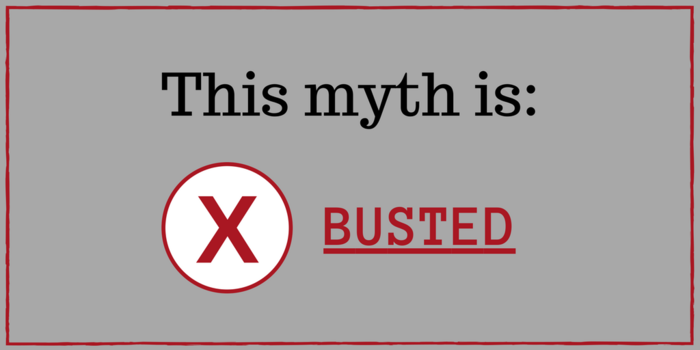This is the fourth entry in a multi-part series on Capitalism Mythbusters.
It is becoming increasingly common for people to attribute the economic system of free exchange, also known as capitalism, with the erosion of community and civil society. In this line of thinking, the elevation of the rugged individualism often associated with the capitalist mindset leads to exploitation as the system benefits the “haves” at the expense of the “have nots”.
This argument contains several dimensions that cannot all be tackled in one blog post. In this post, I will focus on the relationship between free markets and community while leaving issues of economic inequality to a later post.
Community is embodied in social capital – a term popularized by Robert Putnam and Francis Fukuyama. Social capital can be described as “a complex structure made up of community norms, social networks, favors given and received, potluck suppers, book groups, church bazaars, and neighborhood play groups.”[1] Social capital is the fabric of society that makes cooperation and coordination among individuals possible.
While perhaps counter-intuitive to some, capitalism is fundamentally based on a principle of voluntarism. No one is forced to buy or sell property to anyone else. Because the economic transactions of exchange are voluntary, no exchange takes place unless all parties benefit.
An entrepreneur can only succeed if he or she is able to make customers better off through the value proposition offered by the sale of his or her products and services. Entrepreneurs cannot force customers to buy their products; they must woo them to voluntarily agree to the exchange.
This type of voluntary exchange requires mutual trust between the entrepreneur and the customer. The customer trusts that the entrepreneur will deliver what is promised. The entrepreneur trusts that the customer will make the promised payment. In this manner, voluntary exchange both requires and creates trust as such transactions are replicated among community members over time.
The same type of social trust required and generated by voluntary market exchange is reflected in the concept of social capital. While social capital is itself difficult to measure, this has not stopped economists from doing so.
The paper “Free to Trust: Economic Freedom and Social Capital” uses international data to correlate patterns of social trust – as measured by the World Values Survey – to economic freedom – as measured by the Fraser Institute’s Economic Freedom of the World Index.[2] The authors find that economic freedom and social trust are positively correlated, and they discover further statistical evidence that the relationship may be causal.
My own research has also explored this issue using data from the United States. The study was unable to find a positive causal effect between states’ economic freedom and an index of social capital. However, the study concluded that the effect of economic freedom on the social capital index was effectively zero.[3] So while economic freedom was not found to increase social capital, it also was not found to be destroying it.
In a more recent working paper, my coauthors and I examine the relationship between the economic freedom of U.S. states and charitable giving. Charitable giving is foundational to the types of voluntary associations and compassionate care for one’s neighbor that are required to maintain civil society and community. Our research finds that economic freedom has a positive and highly significant effect on charitable giving. With increased market freedom, people don’t react with increased greed or self-reliance. Instead, they react with increased generosity and compassion for their neighbor.
In conclusion, there is much evidence that free market capitalism increases the bonds of community togetherness. This myth is busted.

If you have a myth about capitalism and want to know what the research has to say, email your myth to ndsu.pcpe@ndsu.edu
Meet the Author
Jeremy Jackson is the director of the Center for the Study of Public Choice and Private Enterprise (PCPE) and an associate professor in the NDSU Department of Agribusiness and Applied Economics. Read his bio.
[1] Chamlee-Wright, E. (2008). The Structure of Social Capital: An Austrian Perspective on Its Nature and Development. Review of Political Economy, 20(1), 41-58.
[2] Berggren, N. & and Jordahl, H. (2006). Free to Trust: Economic Freedom and Social Capital. Kyklos, 59(2), 141-169.
[3] Jackson, J., Carden, A., & Compton, R.A. (2015). Economic Freedom and Social Capital. Applied Economics, 47(54), 5853-5867.


